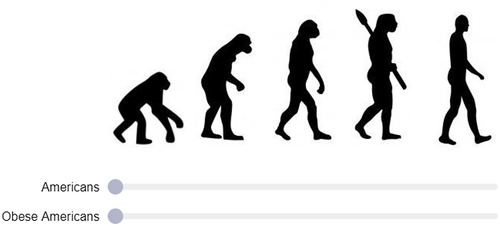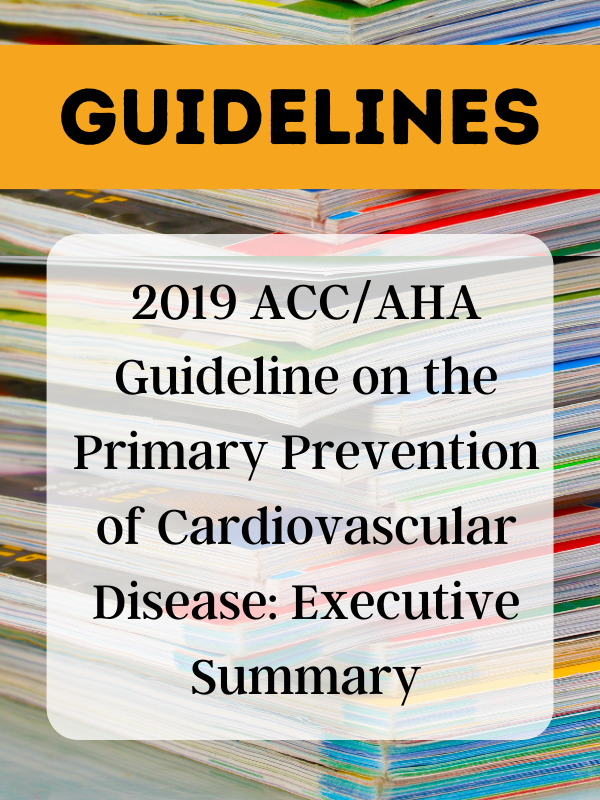
11 Ways to Grow Your Nutrition Business TODAY. Want to generate maximum income as a nutrition entrepreneur and attract more clients to your nutrition or health business? (Of course you do!) Here are 11 simple yet effective ways to start booking more clients.

 Scan Me!
Scan Me!







